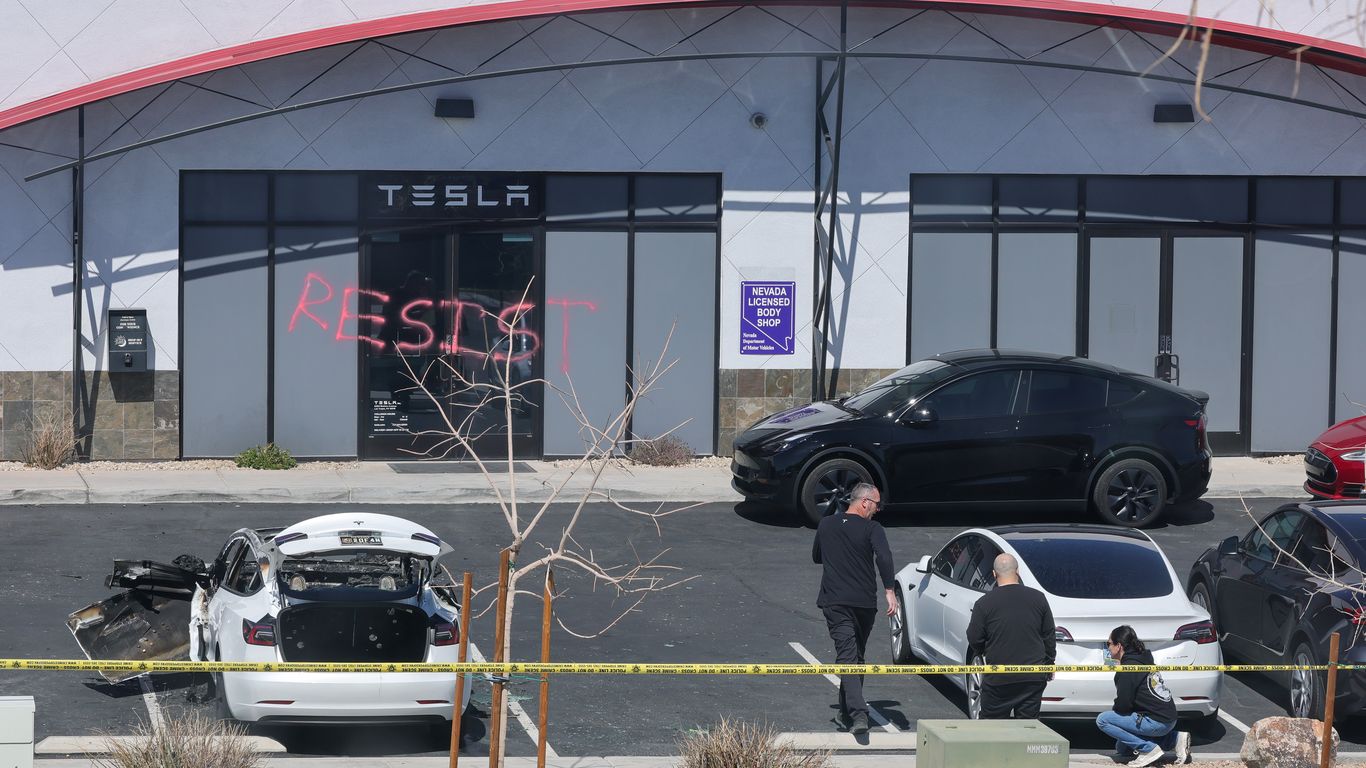
The Electric Car Enigma: Tesla’s Absence and the Shifting Sands of Public Perception
The Vancouver International Auto Show opened its doors this week to a notable absence: Tesla. This omission, attributed by organizers to “safety concerns,” has sparked a wave of speculation and highlights the complex relationship between a cutting-edge technology company, its outspoken CEO, and the shifting tides of public opinion. While the exact nature of these concerns remains officially undisclosed, the timing coincides with a surge in reported incidents involving Tesla vehicles, leading many to connect the dots.
These incidents, however, aren’t simply mechanical malfunctions. They represent a troubling intersection of technological innovation and sociopolitical polarization. Recent weeks have seen a rise in attacks targeting Tesla vehicles, seemingly fueled by public discontent. The target isn’t just the cars themselves, but the brand’s association with its controversial CEO, Elon Musk. Musk’s high-profile involvement in certain political circles and his often provocative pronouncements have ignited a backlash among segments of the population. This anger, unfortunately, has manifested itself in acts of vandalism and even more serious forms of aggression against Tesla vehicles.
This isn’t about whether Tesla’s vehicles are inherently unsafe. Numerous independent studies have assessed Tesla’s safety record, offering a range of conclusions, some positive, some highlighting areas for improvement, as with any new technology. However, the incidents of vandalism and targeted attacks raise a different, and more disturbing, issue: the weaponization of public anger and the blurring lines between political protest and criminal activity.
The situation underscores the unique challenges faced by companies with highly visible, and sometimes controversial, leaders. Musk’s outspoken nature, while contributing to the brand’s rebellious image and attracting a loyal following, also creates vulnerabilities. His public pronouncements, particularly those touching upon sensitive political issues, inevitably alienate parts of the population. This polarization, in turn, fuels a climate where actions against the company’s products can be seen, by some, as justifiable expressions of dissent.
The absence of Tesla from the Vancouver Auto Show, therefore, represents more than just a missed opportunity for showcasing innovative technology. It signifies a broader societal shift, where the lines between corporate responsibility, political engagement, and personal safety are increasingly blurred. The organizers’ decision, however prudent from a risk management perspective, points towards a climate of uncertainty for companies operating in this charged environment.
Moving forward, this incident raises several crucial questions. How can companies navigate the complexities of public perception when their leaders actively participate in politically divisive discussions? What responsibility do social media platforms bear in curbing the spread of misinformation and incitement to violence? And finally, how do we balance the legitimate expression of dissent with the need to protect individuals and property from targeted attacks? These are questions that extend far beyond the automotive industry and demand a careful consideration by society as a whole. The absence of Tesla from the Vancouver Auto Show serves as a stark reminder of these challenges and a call for a more nuanced approach to navigating the turbulent waters of the modern technological and political landscape.



Leave a Reply